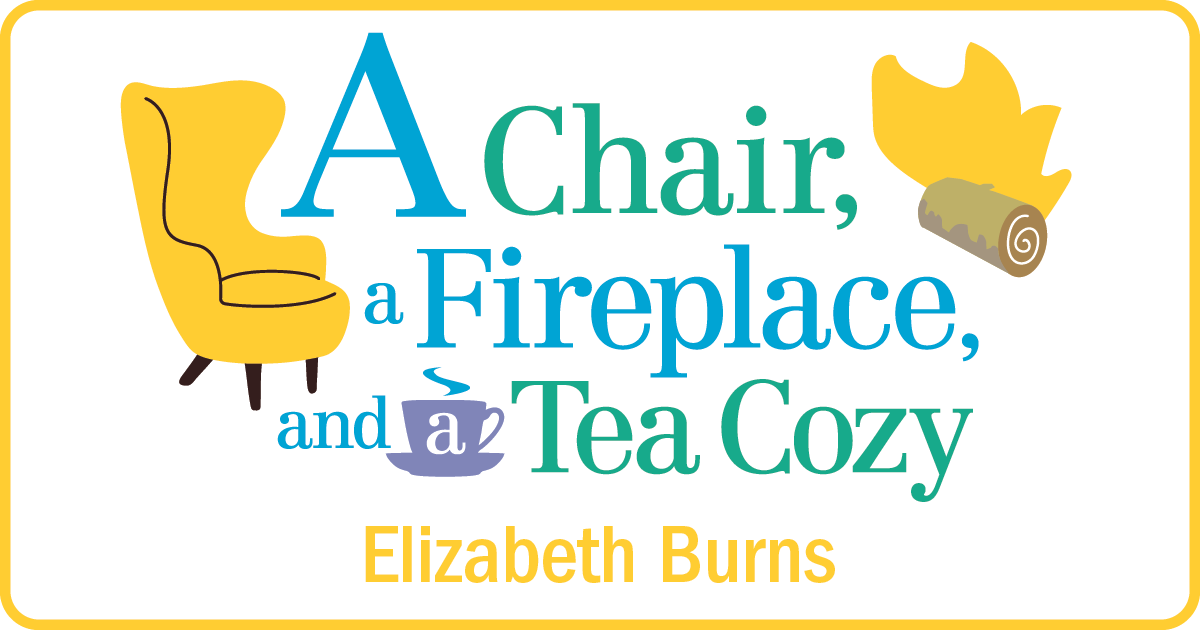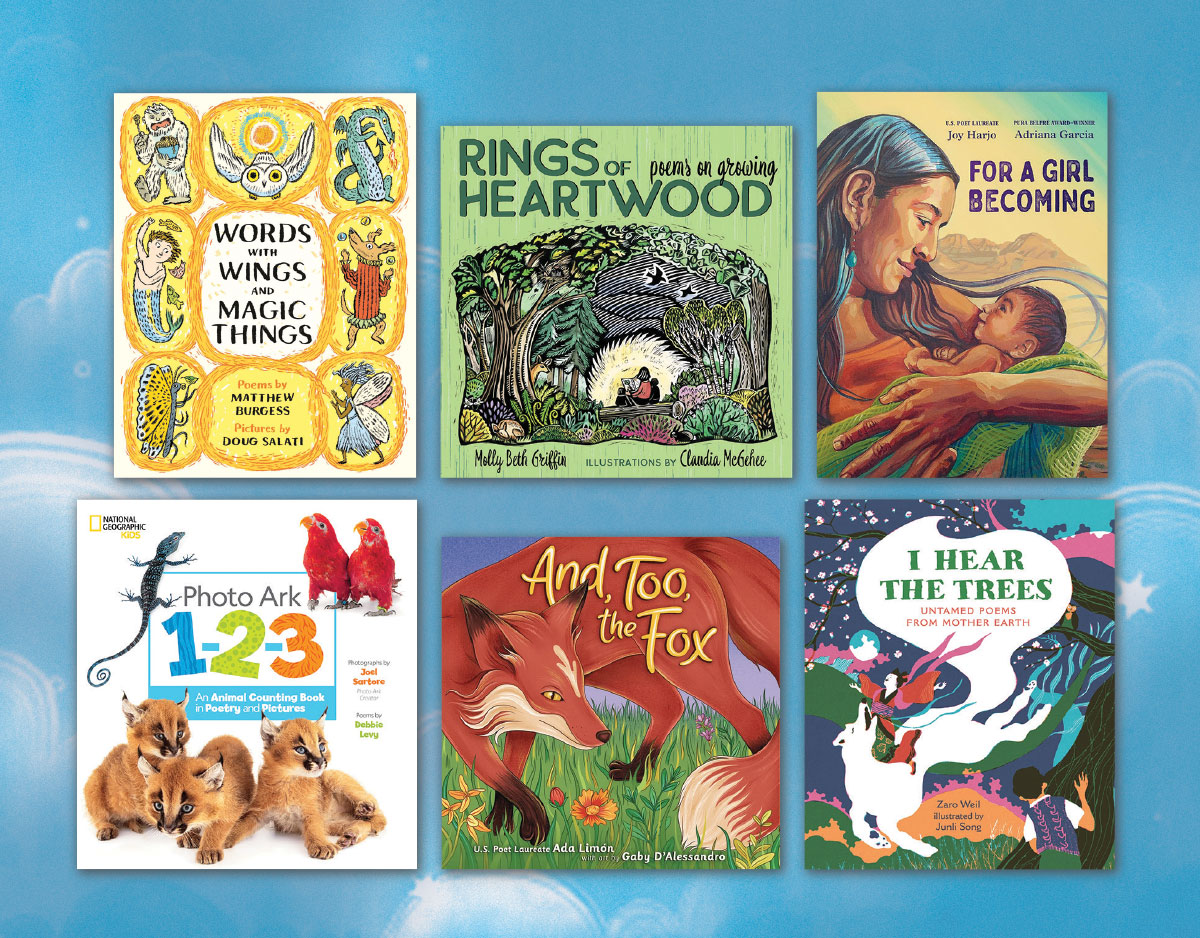SCROLL DOWN TO READ THE POST
Review: Never Fall Down
Never Fall Down by Patricia McCormick. Balzer & Bray, an imprint of HarperCollins. 2012. Review copy from publisher.
 The Plot: Cambodia, 1975. Arn, eleven, lives with his sisters and brother. The family is poor, yes, but they are close and have each other.
The Plot: Cambodia, 1975. Arn, eleven, lives with his sisters and brother. The family is poor, yes, but they are close and have each other.
The are about to lose even that.
The Khmer Rouge seize power. Arn and his family and other inhabitants of the cities are sent into the country to work rice fields. It is part of Khmer Rouge’s politics and attempts at social engineering, but all Arn knows is that the Khmer Rouge kill people for any reason and no reason; that anyone who is educated is a target; that people are dying. That anyone, including Arn, could be next.
The children are separated from their families; like the other former city dwellers, they work long hours growing rice and only eat what they can grow. Luck touches Arn when the soldiers ask for musicians and Arn volunteers. It’s risky: attention from the Khmer Rouge often means death.
ADVERTISEMENT
ADVERTISEMENT
Arn’s goal is to survive, and despite the death and horror and killing around him, he does, day by day, moment by moment. Will he survive? And at what cost?
The Good: Never Fall Down is the fictionalized story of Arn Chorn-Pond, who, like Arn, survived the Khmer Rouge and the Killing Fields; became a musician and kept those around him alive; was a boy soldier. Chorn-Pond is now a humanitarian. At the end of the book, in addition to an Epilogue about what happened to the characters, McCormick relates Chorn-Pond’s involvement in the writing of the book, her own interviews with people in Chorn-Pond’s life, the decision to make his life story a novel rather than a work of non-fiction, and the method the story is told.
When Arn leaves his aunt, she tells him, “Do whatever they say. Be like the grass. Bend low, bend low, then bend lower. The wind blows one way, you blow that way. It blow the other way, you do, too. That is the way to survive.” He listens to her, and her parting gift to him — to bend, to survive no matter what — saves his life. It also puts him in terrible situations, as witness to the brutalities of the Khmer Rouge. When the Vietnam invade the country, Arn fears them more than the Khmer Rouge so he takes up a gun, fighting on the behalf of the Khmer Rouge, even though he is a child himself. He takes up a gun, yes, but he has little choice — he has to follow the wind to survive.
Arn’s story is chilling. It is one of physical survival, day in, day out, with little food and comfort. It is also about mental and emotional survival. He’s torn from his family, so remakes his family, looking at those around him as his brothers. Arn is not sentimental about this, and while he takes risks to get extra food, for example, it is always calculated risks. This group that he soon looks at as people he needs to care of, who care for him, who are substitute brothers and father, become necessary for Arn’s own survival as a human being.
ADVERTISEMENT
ADVERTISEMENT
What Arn does, and does not do, is told in a rather matter of fact way. Yes, Arn is horrified by the things he sees but at the same time, “in just one day a person can get use to seeing dead body.” Each day, each month, there is more for Arn to get used to. Along the way he has to maintain his sense of self, to not become what he sees around him, and in addition to the “brothers” he helps is the music he learns. The Khmer Rouge may want music for their own political purposes, but it gives Arn a goal, a community, connections. As the reader learns at the end of the book, part of Chorn-Pond’s humanitarian work includes founding the Cambodian Living Arts group to preserve traditional Cambodian arts.
One thing that terribly impressed me was how this story is told. In some ways, I was reminded of Angela’s Ashes by Frank McCourt, because of the way the child’s point of view is always maintained and not influenced by adult remembrances. During Never Fall Down, one is always in the moment with Arn. Nothing is softened because of the passage of time; no wisdom is shared from the future Arn who knows how things will work out. And, only the details that matter to Arn are told. For example, the last couple of chapters are about teen-aged Arn finding a home in the United States. As an adult reader I had so many questions — but McCormick doesn’t answer them, instead keeping the story strictly to how Arn sees things and what matters to him.
I confess, even though this book was recommended to me by several people, I avoided reading it until it got the National Book Award Finalist nod. I knew Never Fall Down would be an emotional read, and I wasn’t ready for it. I am around Arn’s age; I remember reading about this in the news and magazines but I don’t remember any books for children about it. I am so thankful it was named a finalist, giving me the push I needed to read it. Yes, it is heartbreaking. Yes, it relates some terrible things. Yes, the way people treat others is distressing. Death and bodies and killings. Arn survives; Arn triumphs; but it’s not in expected ways. I can see why this is a finalist. In one word: Arn, because Never Fall Down gives Arn a voice, and it’s a spellbinding voice that cannot be ignored. I’m also adding it to my Favorite Books Read in 2012.
Reviews and links: Reading Rants review (which includes link to an interview with McCormick and Chorn-Pond, including Chorn-Pond playing Cambodian music); The New York Times Review; NPR Author interview; TeenReads review.
Filed under: Favorite Books Read in 2012, Reviews
About Elizabeth Burns
Looking for a place to talk about young adult books? Pull up a chair, have a cup of tea, and let's chat. I am a New Jersey librarian. My opinions do not reflect those of my employer, SLJ, YALSA, or anyone else. On Twitter I'm @LizB; my email is lizzy.burns@gmail.com.
ADVERTISEMENT
SLJ Blog Network
How Candace Fleming Made an Award Winner
World Premiere Video for a Brand New Amos McGee! With Special Q&A with Erin E. Stead
Superman’s Good Guy Gang | Review
Heavy Medal Suggestions: 73 Titles and Counting
Fast Five Interview: Donna Galanti
The Classroom Bookshelf is Moving
ADVERTISEMENT
ADVERTISEMENT







